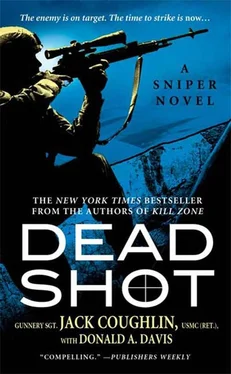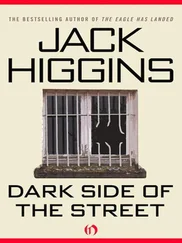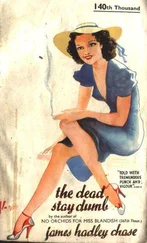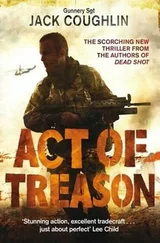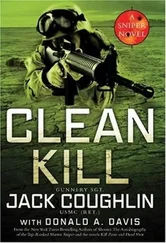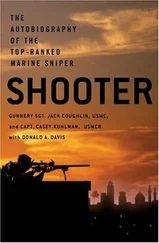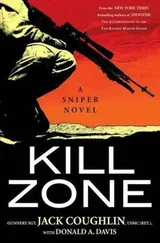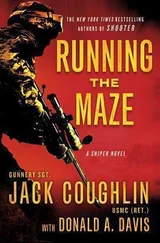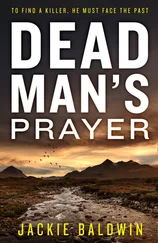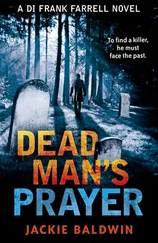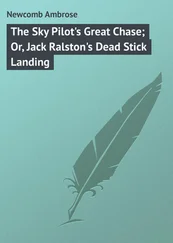With the data logged into his laptop, he started hitting the sidewalks, looking for those whose names had been linked along the line with Swanson back in the day. The good thing about a place like South Boston was that many family members stayed in place for generations, and it was easy to track them down. His cover story was that he was a magazine reporter putting together a piece on this true American hero and he needed personal anecdotes. Most were happy to share their memories, and steered him to Kyle’s schoolhood chum Michael McLaughlin.
McLaughlin, a short and scrappy man, had been Swanson’s best friend in high school and his baseball teammate. Kyle and Michael had been friends for years, and Swanson always felt better when he was pitching to know that McLaughlin was roaming behind him at shortstop. Those nervous, fast feet and incredible reflexes helped Mike make double plays out of hard-hit balls that taller players could not have even reached. Michael also had a remarkable combative streak that went far beyond mere competition. In a day when schools were moving to rubber cleats, Michael stayed with the metal ones, persuading the coaches that they improved his footing. Kyle would often see Michael sitting close to his locker, hands inside and out of sight, sharpening his spikes. Kyle Swanson had always made a point of hitting an opposing batter early in the game, just to set the tone for the day. That tactic would put a runner on first base, who would try to retaliate by taking out the shortstop on the next ground ball, and Michael would grind the runner up like hamburger. Swanson kept score of the players spiked by Mike.
They stayed in touch after high school, when Kyle went into the Marines and Michael tried the minor leagues for a few years before returning home to South Boston. Then Kyle slowly withdrew from the Southie crowd, because when he came back he could not tell them where he had been or what he had been up to. Still, Swanson stayed in distant touch by sending postcards from far-off lands and then birthday and Christmas gifts for his godchild, Mike’s daughter, Mary Elizabeth. The nine-year-old girl thought the world of her uncle Kyle and missed him terribly, Mike explained.
The detective thanked McLaughlin for the interview and left. Not much to report after a full day of investigating, using both high-tech and low-tech methods. He found a wi-fi zone at an Internet café and wrote his report, attaching copies of documents and logs of the names, phone numbers, and addresses of the people he talked to and a synopsis of each conversation. He included his own opinion that it seemed someone had made sure that everything pointed to the conclusion that the Marine had been fatally wounded in Syria and buried in Arlington. No further action was possible, the detective wrote, short of going out there and digging up the grave. He sent the e-mail and drove back to Guilford. Traffic was a bear heading out of Boston during rush hour.
A team of FBI agents was waiting in the driveway when he got home.
“I knew this was too easy,” Lowry said to himself as he got out of his car and approached them, holding his hands out from his sides in plain view.
WASHINGTON, D.C.
A COMMAND CENTER HADbeen established in the Hoover Building, and agents from various national security agencies were working computers and telephones. Printers and faxes churned through reams of paper. Wiring curled around the floor to power the armada of electronics. Maps were pinned on cork boards along one wall, and white greaseboards marched side-by-side down another wall. There was clatter enough to make everyone look busy. All looking for Juba.
Kyle was in an adjacent room with the Trident team, away from the main force of civilians but watching the operation on several television sets. The Lizard complained that the equipment that was being used was practically antique, but Kyle had been impressed by how Dave Hunt and Carolyn Walker had pitched in and mobilized their massive resources so quickly. Things were moving fast now that they were all on the same page and knew who they were looking for.
With Kyle’s identification of the man who got away in Paris, British police swooped in and arrested Dr. Allen Osmand and his wife, Martha Goodling Osmand, at their home. A montage of photographs was built of their son, Jeremy, from his sports days at school through the time in the Royal Marines to the fuzzy picture from the house in Paris. A computer smoothed out the details, made comparisons with key points, and created an accurate and up-to-date image.
That was fed into a database of facial recognition software that examined the image against the airport photographs of everyone who had entered the United States in the past few days. The computer did its work at blazing speed, but it still took time to check the digitized photos of tens of thousands of newcomers.
Meanwhile, a nationwide alert was issued for Jeremy Osmand, a known terrorist who was to be considered armed and dangerous. The Department of Homeland Security photograph was given to all of the television networks.
“We’ve got a hit,” said Agent David Hunt as he entered the Trident enclave and closed the door behind him. “He came in at Dulles three days ago as a businessman on a Dutch passport. The customs officer and the airplane’s crew will be interviewed, but it is doubtful that they will remember him unless he did something to attract attention, which is unlikely.”
The Lizard pulled up the security camera picture of Juba passing through the gate. “Looks ordinary,” he said.
“That’s the point,” said Kyle. “He disappeared into the background. Nobody would have noticed him.”
“Now we’re switching the computer to scan domestic flights to see where he’s gone.”
“Good luck with that,” said Kyle.
Hunt took offense. “We caught you, didn’t we?”
“But you got the wrong guy.”
Dave Hunt left the room, muttering beneath his breath.
General Middleton shook his head. “Play nice, Gunny. What are you thinking?”
Swanson walked around the table and looked out of the only window to the street, where civilians were going about their daily routines in the heart of Washington. Behind him, the image of Juba was still on the three television screens. “This is all out of some James Bond movie. Those people out there have all the toys, but they still don’t know who they are really dealing with. Juba is a damned good sniper. He is not running away to avoid prosecution, he is moving with great speed and deliberation toward a specific objective.”
“He’s stalking a target,” Sybelle added.
“And he knows I am coming after him, which is why he had that investigator in Connecticut checking me out.” Kyle picked up the transcript of the exhaustive FBI interview with private detective Chris Lowry, who had been totally cooperative. Discretion was one thing in keeping a client’s confidentiality, but a federal subpoena was much different. He gave them everything he had.
“Look down where Lowry reported back to his ‘client,’ who has to be Juba using another false front. He listed everyone he spoke with during the day and a brief outline of the conversations. When he was talking with my old high school buddy Mikey McLaughlin, the detective also mentioned that I was godfather to his nine-year-old daughter, Mary Elizabeth. Juba sent an e-mail right back to thank him and added that he would talk with Michael and the girl, Mary Elizabeth, personally.” Kyle dropped the transcript. “Now why would he do that?”
Carolyn Walker from the DHS had been following the conversation without adding anything, but now she spoke up. “He did not have to respond at all, and in fact, he did terminate that entire e-mail link after sending that message. The conclusion is that he intends to attack that little girl in order to draw you into the open.”
Читать дальше
